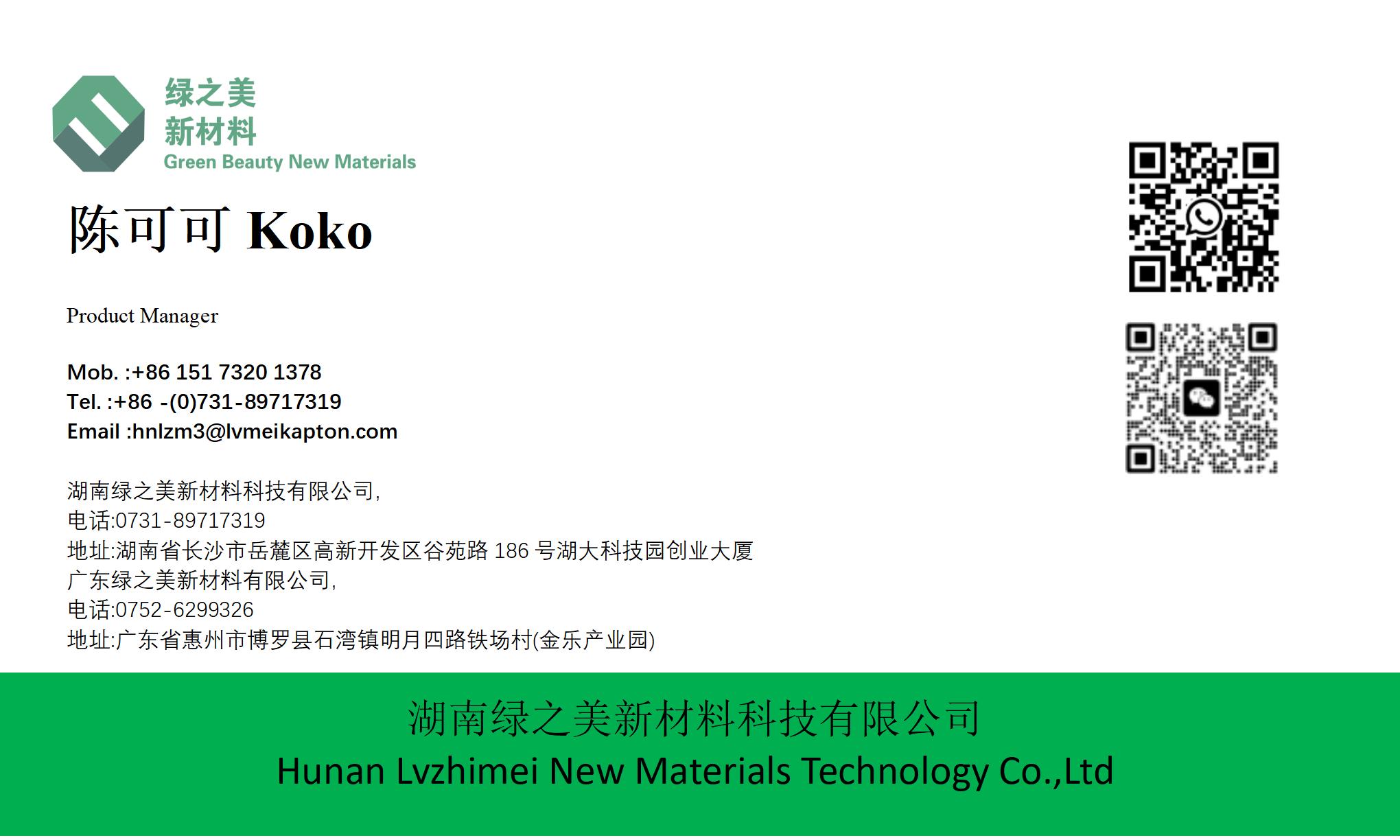



How PI Tape Contributes to the Backsheet Encapsulation of Photovoltaic Modules | https://www.lvmeikapton.com/
The photovoltaic industry is experiencing rapid growth as the world shifts towards renewable energy. A crucial aspect of ensuring the longevity and efficiency of photovoltaic (PV) modules is the backsheet encapsulation process. Among the various materials used, PI tape, specifically Kapton tape, plays a significant role in this critical application.
PI tape, known for its exceptional thermal stability and mechanical strength, is widely used in the backsheet encapsulation of PV modules. The tape acts as a protective barrier, safeguarding the module's internal components from environmental factors such as moisture, UV radiation, and extreme temperatures. This is particularly important in regions with harsh climatic conditions, where the durability of the PV modules is constantly challenged.
During the encapsulation process, PI tape is applied to the backside of the PV module, providing an additional layer of insulation and protection. Its high-temperature resistance ensures that the tape remains stable and functional even under prolonged exposure to sunlight and heat. This property is essential as PV modules are often installed in locations where they are subjected to high temperatures for extended periods.
Moreover, PI tape's excellent adhesion properties ensure a secure bond between the different layers of the backsheet, enhancing the overall structural integrity of the module. This is crucial in preventing delamination and ensuring the module's performance over its intended lifespan.
In addition to its protective functions, PI tape also contributes to the electrical insulation of the module. This is particularly important in preventing short circuits and ensuring the safe operation of the PV system. The tape's ability to withstand high voltages makes it an ideal choice for applications in the photovoltaic industry.
The use of PI tape in backsheet encapsulation not only enhances the durability and performance of PV modules but also contributes to the overall cost-effectiveness of the system. By extending the module's lifespan and reducing the need for maintenance, PI tape helps to lower the total cost of ownership for PV installations.
In conclusion, PI tape plays a vital role in the backsheet encapsulation of photovoltaic modules, ensuring their durability, performance, and safety. As the demand for renewable energy continues to grow, the importance of high-quality materials like PI tape in the manufacturing of PV modules will only increase. For more information on PI tape and its applications, visit https://www.lvmeikapton.com/.





